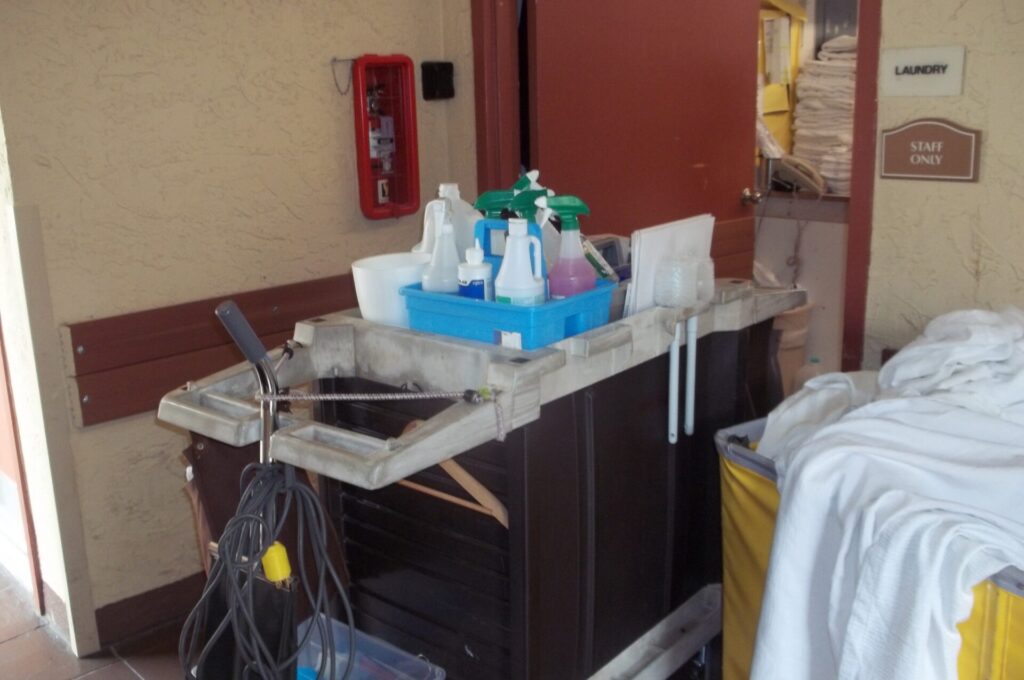
Hotels are not just places to rest and unwind; they are an integral part of the hospitality industry and play a significant role in the global economy. However, with their operations come various environmental responsibilities, one of which is the proper disposal of hazardous waste. Hazardous waste includes substances that are flammable, corrosive, toxic, or reactive, posing potential risks to human health and the environment if not handled and disposed of correctly. In this blog post, we will explore the importance of proper hazardous waste management in hotels and discuss sustainable solutions to ensure a cleaner and safer future for all.
Understanding the Impact of Hazardous Waste
Before delving into the disposal methods, it is essential to grasp the environmental and health impacts associated with improper hazardous waste management. Negligence in handling these materials can lead to severe consequences, including soil and water contamination, air pollution, harm to wildlife, and even long-term health effects for individuals exposed to these substances.
Water Contamination: Hotels utilize various hazardous materials, such as cleaning agents, solvents, pesticides, and paints. If these substances are not disposed of properly, they can leach into the soil and contaminate water sources, including groundwater and nearby rivers or lakes.
Air Pollution: Certain hazardous waste items, like aerosol cans, may release harmful gases when disposed of improperly, contributing to air pollution and degrading air quality.
Health Risks: Hotel staff and guests may be exposed to hazardous waste if it is not handled and stored correctly. Exposure to toxic substances can lead to respiratory issues, skin irritation, organ damage, or even long-term health complications.
Implementing Effective Hazardous Waste Management
To mitigate the risks associated with hazardous waste, hotels must adopt comprehensive waste management strategies. These strategies should focus on waste reduction, recycling, and proper disposal techniques. Here are some key steps hotels can take:
Conduct a Waste Audit: Hotels should conduct regular waste audits to identify the types and quantities of hazardous waste generated. This assessment helps develop targeted waste management plans and highlights areas where waste reduction measures can be implemented.
Reduce Waste Generation: The best way to manage hazardous waste is to minimize its generation. Hotels can achieve this by purchasing eco-friendly products, training staff on efficient product usage, and implementing waste reduction programs, such as linen reuse initiatives, paperless systems, and bulk product dispensers.
Segregation and Labeling: Establishing a proper waste segregation system is crucial. Clearly label waste containers to differentiate between hazardous and non-hazardous waste, ensuring that staff can identify and handle each type correctly.
Recycling Programs: Implementing recycling programs for hazardous materials can significantly reduce their environmental impact. Partner with reputable recycling companies that specialize in processing hazardous waste, such as batteries, fluorescent bulbs, electronics, and printer cartridges.
Responsible Disposal: A Georgia disposal of hazardous wastes company told me when hazardous waste cannot be recycled, hotels must ensure its safe disposal. Partnering with licensed waste management companies is essential to guarantee compliance with local regulations and industry best practices.
Sustainable Disposal Methods
Proper disposal of hazardous waste is critical to prevent environmental pollution. Hotels should adopt sustainable disposal methods that prioritize safety and environmental preservation:
Incineration: Incineration is a widely used method for disposing of hazardous waste that cannot be recycled. Advanced incineration technologies can effectively destroy hazardous materials while minimizing emissions through filtration systems. However, hotels should carefully select incineration facilities that meet stringent environmental standards.
Chemical Treatment: Some hazardous waste, such as certain cleaning agents or oils, can undergo chemical treatment processes to neutralize their harmful properties. These treated materials can then be safely disposed of or, in some cases, even repurposed.
